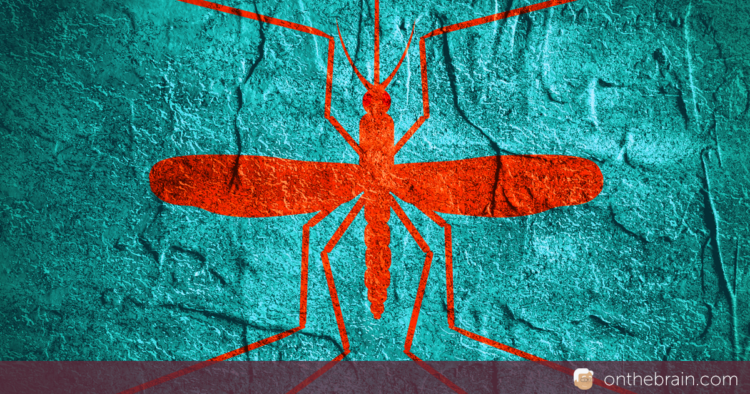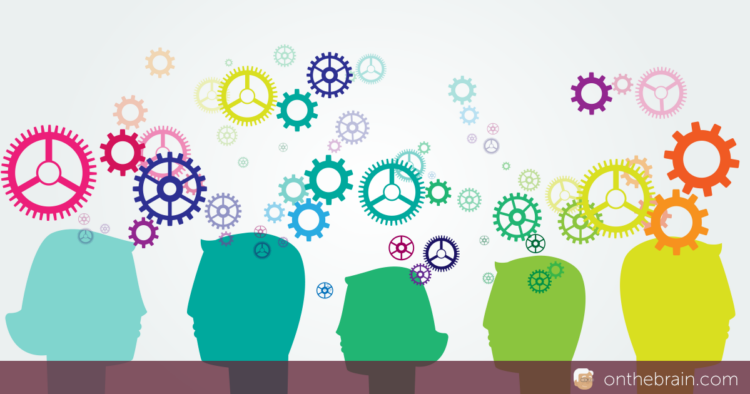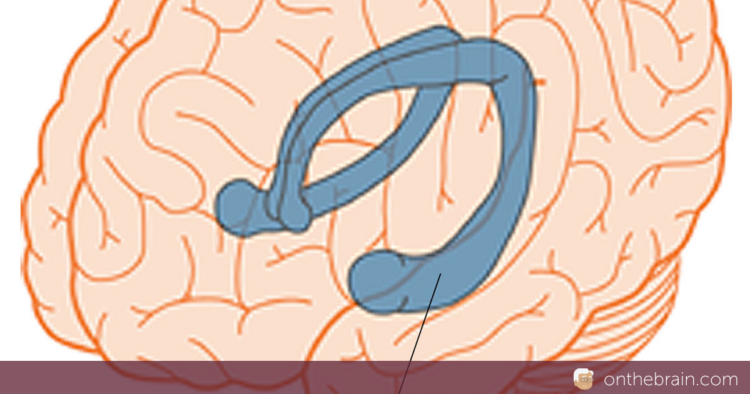I feel your pain
In the May issue of the journal Cerebral Cortex, a group from the National Institute for Physiological Sciences in Okazaki, Japan reported interesting results from a study in which “pain centers” in the brain were shown to be activated by WITNESSING pain afflicted to others. If you see someone being poked with a sharp needle…








